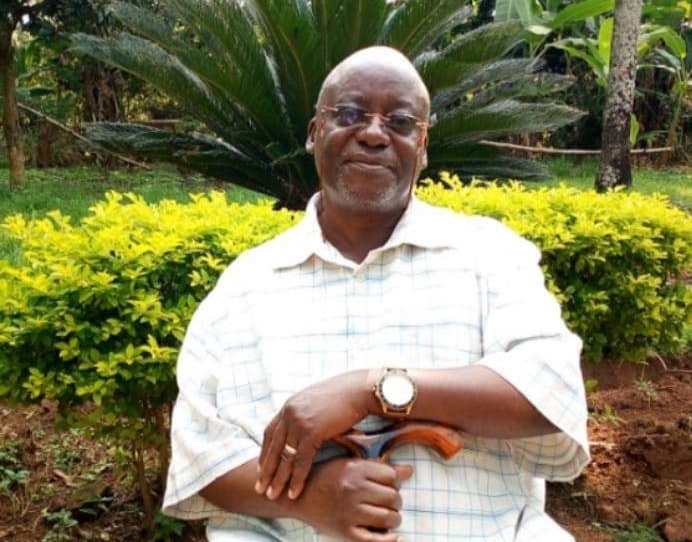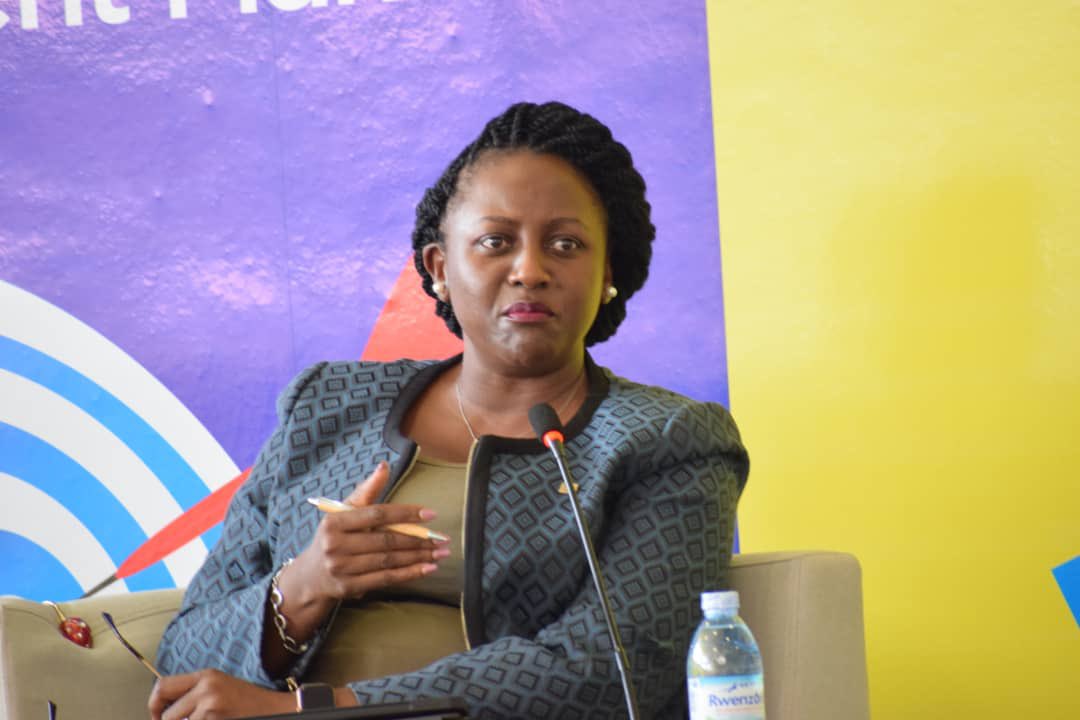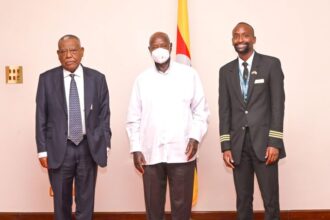As I have stated severally before, there are many types of corruption – as many as there are dimensions of the human brain.
Thus corruption may be academic, economic, cultural, social, political, environmental, ecological, technical, biological, spiritual, moral, ethical, technical, lingual, legal, legislative, judicial, et cetera. It may also be corporate, business, trade, and development corruption. It may be corruption of relationship. It may be corruption of the food chain. It may be corruption of agriculture, fisheries, education, health, civil service, pensions, tourism, energy, elections,the church and the mosque.It may be corruption of seeds. It may be corruption of the community. It may be corruption of knowledge production and application. It may be corruption of sovereignty, citizenship and ownership. It may be official or unofficial corruption.
All these types of corruption can be engineered politically and have been so engineered in Uganda under the influence of exaggerated presidentalism. Unfortunately, all corruption in Uganda, and globally, has been reduced to just financial corruption, thereby making combating it appear as if we are just chasing the wind.
For effective conquest of corruption in Uganda, we need cross-cutting strategic Institution or Institutions that can operate broadly to inter-connectedly cover all the different types of corruption, which are currently not covered by the Inspector General of Government (IGG) because this institution tends to concentrate on financial abuse in government and it’s institutions. Political corruption, which has grown in stature and now permeates every sphere of human existence and endeavour, seems to be beyond the scope of work of the IGG.
In this article I am interested in discoursing intellectually on, not political corruption as such, but the political engineering of corruption in Uganda. Almost all the different types of corruption have been engineered politically to serve certain selfish interests of politically rich individuals or groups of individuals.
There is no single-most factor multiples corruption across the different dimensions of human existence, survival as endeavour as the political penetration of the different sphares and manifestations of life in Uganda. This is political corruption. Political engineering of corruption is “The generation of corruption where it was not for the sole purpose of extending political influence, conquest, domination and control of every aspect of life and its various manifestations in order to retain and exert power as long as possible”.
There has been talk of Zero Tolerance to Corruption (ZTC) just as this process has been ongoing and gaining in influence.
Given the little space I have, I cannot write about all types of political engineering of corruption. Let me just pick a few types. Those who are good at researching can pick the other types and delve into them.
Political engineering of academic corruption could involve causing Universities and schools erasing from the curriculum and replacing them with courses that are of value to power, and which do not present any threat to power. Currently there is political engineering of academic Institutions to de-emphasise the Social sciences and the Humanities in favour of the Natural Sciences, because traditionally change to power has come from those broad areas of knowledge. Once those knowledge areas are reduced in stature there is silence accompanied by fear and awe for power in the Institutions, and power has no fear being questioned by universities when it chooses distasteful courses of action. Other political engineering of academic corruption may take the form of imprignating academic institution with low quality academics, who may rise on the career scale, not because they are academically qualitative but because of their attachment to power. Such people may even gain entry into the administration of those institutions and make the vital academic decisions that may not favour academic excellence.
Political engineering of legislation may involve giving monetary inducements to legislators, or even those who serve as Speakers and Deputy Speakers, to ensure that legislations desired by the Executive sail through without the genuine involvement of the electorate that sent representatives to Parliament. This how we got the removal of term limits and age limits for a President. The one who gained from the two legislative a ruins was President Tibuhaburwa Museveni, who has ruled Uganda for 36 years. With the two instruments elections were/are just symbolic since he has the license to rule for life. Political engineering of legislative processes corrupts those processes and ends up compromising the quality of legislation at the expense of citizens’ expectations of good governance and just laws.
Political engineering of the Judiciary could be achieved constitutionally by giving a President the ultimate role to decide who sits on the Bench of Judges. In this case , if three potential judges were picked for the interview for the job, the President could ignore the first and second best and pick the third best for other reasons other than excellence. Or else, the political engineering of the Judiciary could be a his ex by enforcing political cadres of a ruling party to sit on the Bench of Judges. Political engineering of the Judiciary prevents people of quality from being judges, thereby compromising quality of the judicial processes and their outcomes. Ultimately, justice is. compromised.
The way out out of political engineering of corruption is to allow democracy and institutions to work.
For God and My Country.
Do you have a story in your community or an opinion to share with us: Email us at Submit an Article









